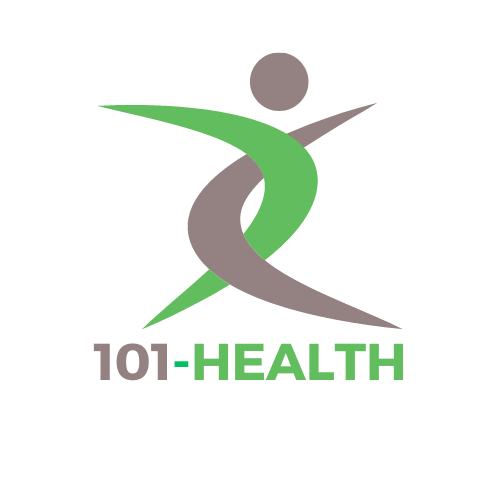Minerals are essential nutrients that play key roles in various physiological processes, including bone health, muscle function, nerve transmission, and immune function.
Incorporating a mineral-rich diet into your daily routine is crucial for maintaining optimal health and well-being.
In this article, we’ll explore the importance of minerals in the diet and provide a comprehensive guide to creating a mineral-rich meal plan.
The Importance of Minerals in the Diet
Minerals are inorganic substances that cannot be produced by the body and must be obtained through diet. They serve as cofactors for enzymes, which are necessary for numerous biochemical reactions in the body.
Minerals are classified into two categories: macrominerals, which are needed in larger amounts, and trace minerals, which are required in smaller amounts but are equally important for overall health.
Key minerals and their functions include:
- Calcium: Essential for bone health, muscle function, nerve transmission, and blood clotting.
- Magnesium: Supports energy production, muscle and nerve function, and bone health.
- Potassium: Regulates fluid balance, muscle contractions, and blood pressure.
- Sodium: Maintains fluid balance, nerve function, and blood pressure.
- Iron: Necessary for oxygen transport, energy metabolism, and immune function.
- Zinc: Supports immune function, wound healing, and DNA synthesis.
- Selenium: Acts as an antioxidant, supports thyroid function, and helps regulate immune responses.
- Copper: Important for energy production, connective tissue formation, and iron metabolism.
- Manganese: Required for bone formation, collagen production, and antioxidant defenses.
Creating a Mineral-Rich Diet Plan
To ensure adequate intake of minerals, it’s important to include a variety of nutrient-dense foods in your diet. Here’s a sample meal plan that emphasizes mineral-rich foods:
Breakfast:
- Overnight oats topped with sliced bananas, almonds, and chia seeds (good sources of magnesium, potassium, and zinc).
- Greek yogurt parfait with mixed berries and a drizzle of honey (provides calcium, magnesium, and selenium).
- Spinach and mushroom omelet served with whole-grain toast (rich in iron, potassium, and manganese).
Lunch:
- Quinoa salad with mixed greens, roasted sweet potatoes, black beans, avocado, and pumpkin seeds (provides iron, magnesium, potassium, and zinc).
- Grilled salmon served with steamed broccoli and brown rice (good sources of calcium, magnesium, and selenium).
- Lentil soup with carrots, celery, and kale, served with a side of whole-grain bread (rich in iron, potassium, and zinc).
Snacks:
- Apple slices with almond butter (provides calcium, magnesium, and potassium).
- Trail mix made with nuts, seeds, and dried fruits (good sources of magnesium, potassium, and zinc).
- Hummus with raw vegetables (rich in calcium, magnesium, and manganese).
Dinner:
- Baked chicken breast with roasted Brussels sprouts and quinoa (provides iron, potassium, and zinc).
- Stir-fried tofu with bell peppers, broccoli, and brown rice (good sources of calcium, magnesium, and manganese).
- Whole-wheat pasta with marinara sauce, spinach, and grilled shrimp (rich in iron, potassium, and selenium).
Incorporating Mineral-Rich Foods into Your Diet
To maximize mineral intake, consider the following tips:
- Choose whole, minimally processed foods over highly processed and refined products.
- Include a variety of fruits, vegetables, whole grains, lean proteins, and healthy fats in your meals and snacks.
- Opt for organic and locally sourced foods whenever possible to ensure higher nutrient content.
- Experiment with different cooking methods, such as steaming, roasting, and stir-frying, to preserve the mineral content of foods.
- Be mindful of portion sizes and avoid overconsumption of high-sodium processed foods.
Conclusion
A mineral-rich diet is essential for maintaining optimal health and well-being. By including a variety of nutrient-dense foods in your meals and snacks, you can ensure adequate intake of essential minerals such as calcium, magnesium, potassium, iron, zinc, and selenium.
So, make it a priority to nourish your body with mineral-rich foods and enjoy the numerous health benefits they provide.






